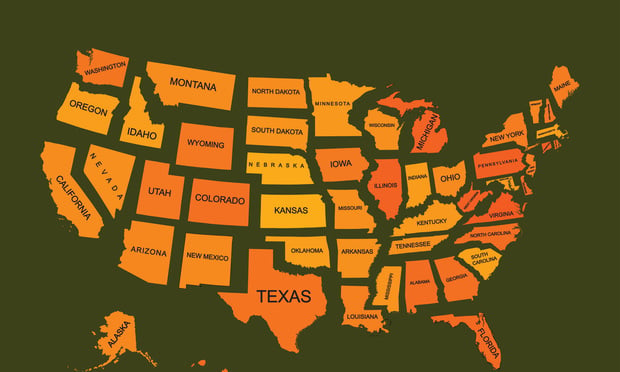Much of the public awareness that criminal justice decisions are being influenced by risk assessment tools started with an instrument called the Correctional Offender Management Profiling for Alternative Sanctions (COMPAS). A 2016 investigation by ProPublica found that the artificial intelligence-based tool, which several U.S. jurisdictions use to determine a defendant’s or convicted offender’s risk to reoffend and factors contributing to that risk, was biased against African Americans.
The company that owns the tool, Equivant (formerly Northpointe), disputed the finding, citing research from independent academic studies that showed otherwise. What followed was a surge of ongoing research and debate over the impartiality, effectiveness and limits of COMPAS and other risk and needs assessment (RNA) tools, and the role they should play in the criminal justice system.
This content has been archived. It is available through our partners, LexisNexis® and Bloomberg Law.
To view this content, please continue to their sites.
Not a Lexis Subscriber?
Subscribe Now
Not a Bloomberg Law Subscriber?
Subscribe Now
LexisNexis® and Bloomberg Law are third party online distributors of the broad collection of current and archived versions of ALM's legal news publications. LexisNexis® and Bloomberg Law customers are able to access and use ALM's content, including content from the National Law Journal, The American Lawyer, Legaltech News, The New York Law Journal, and Corporate Counsel, as well as other sources of legal information.
For questions call 1-877-256-2472 or contact us at [email protected]








